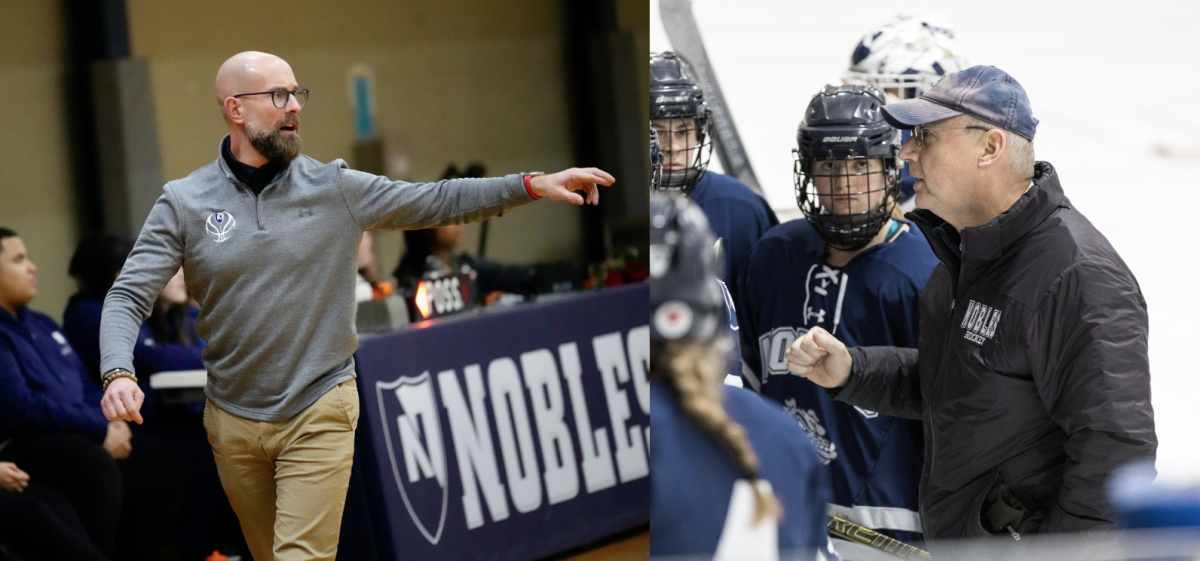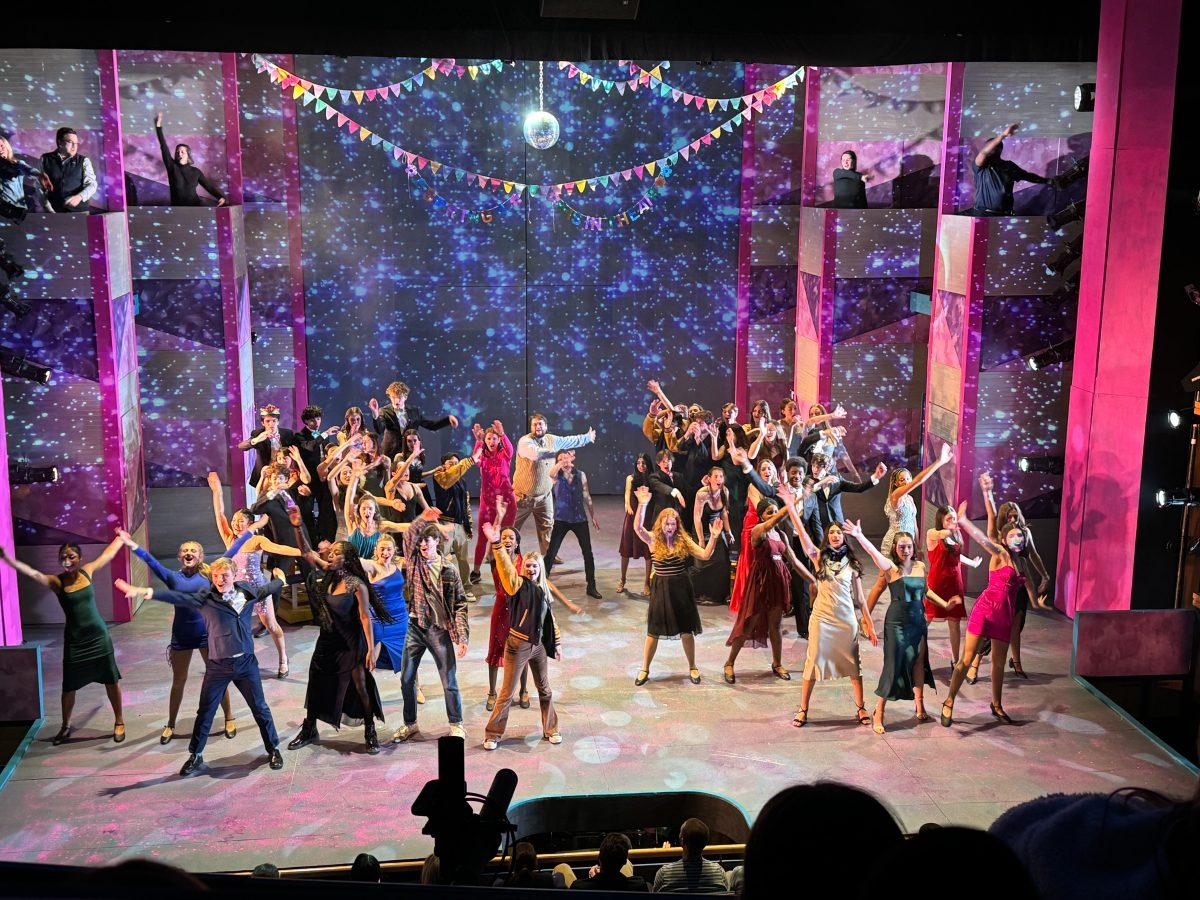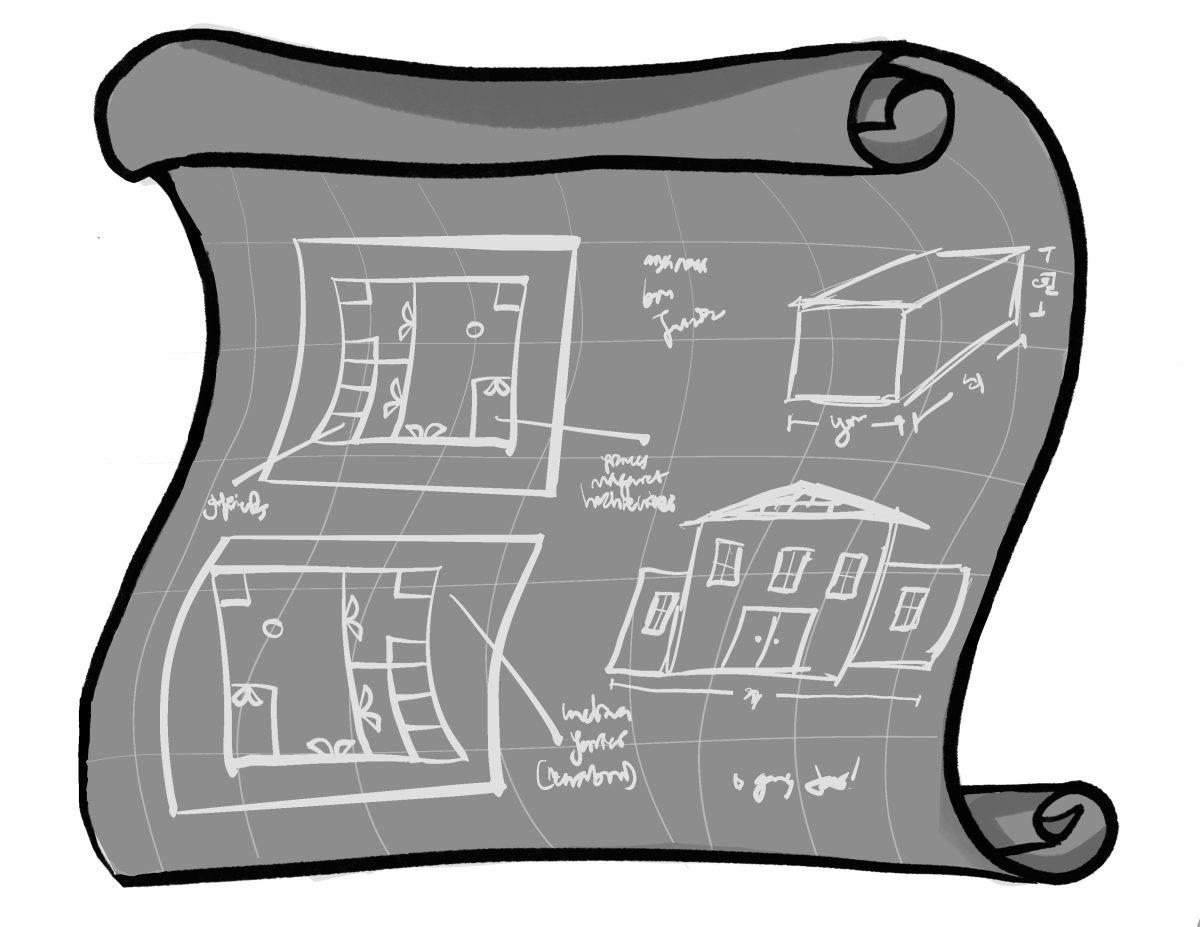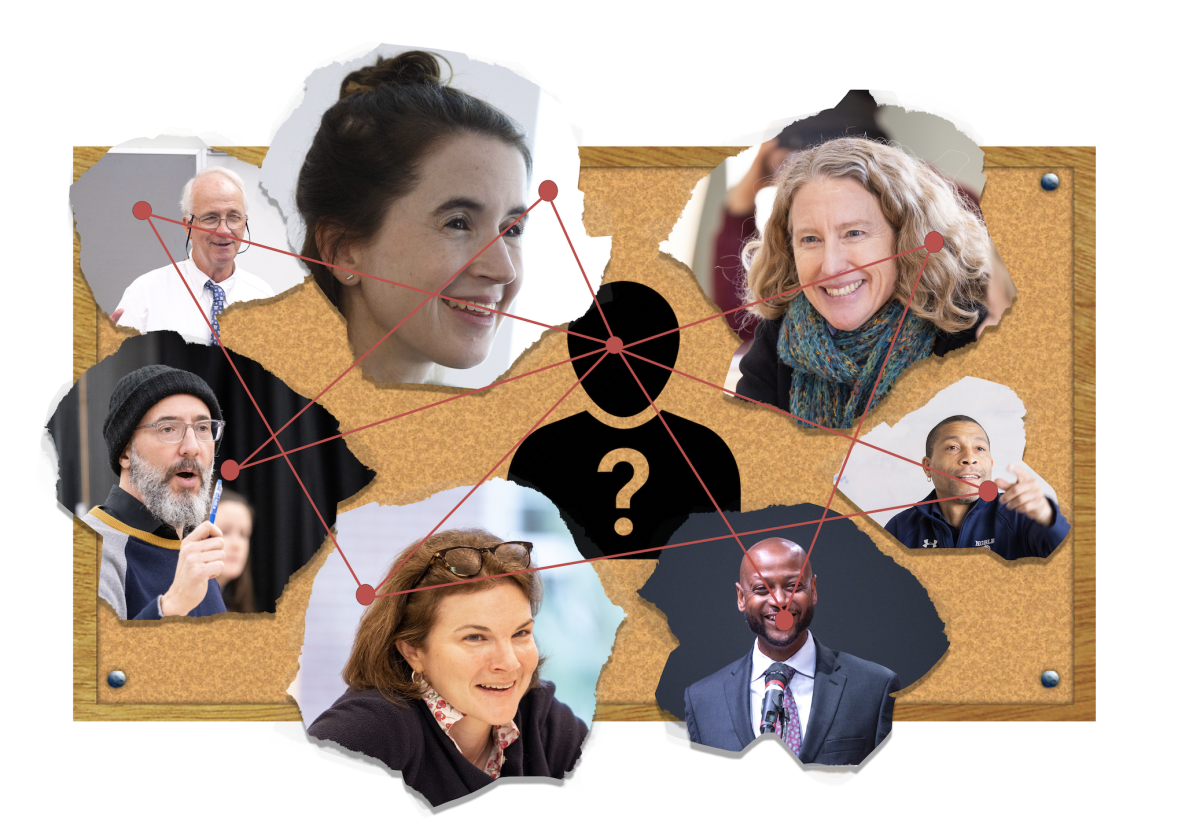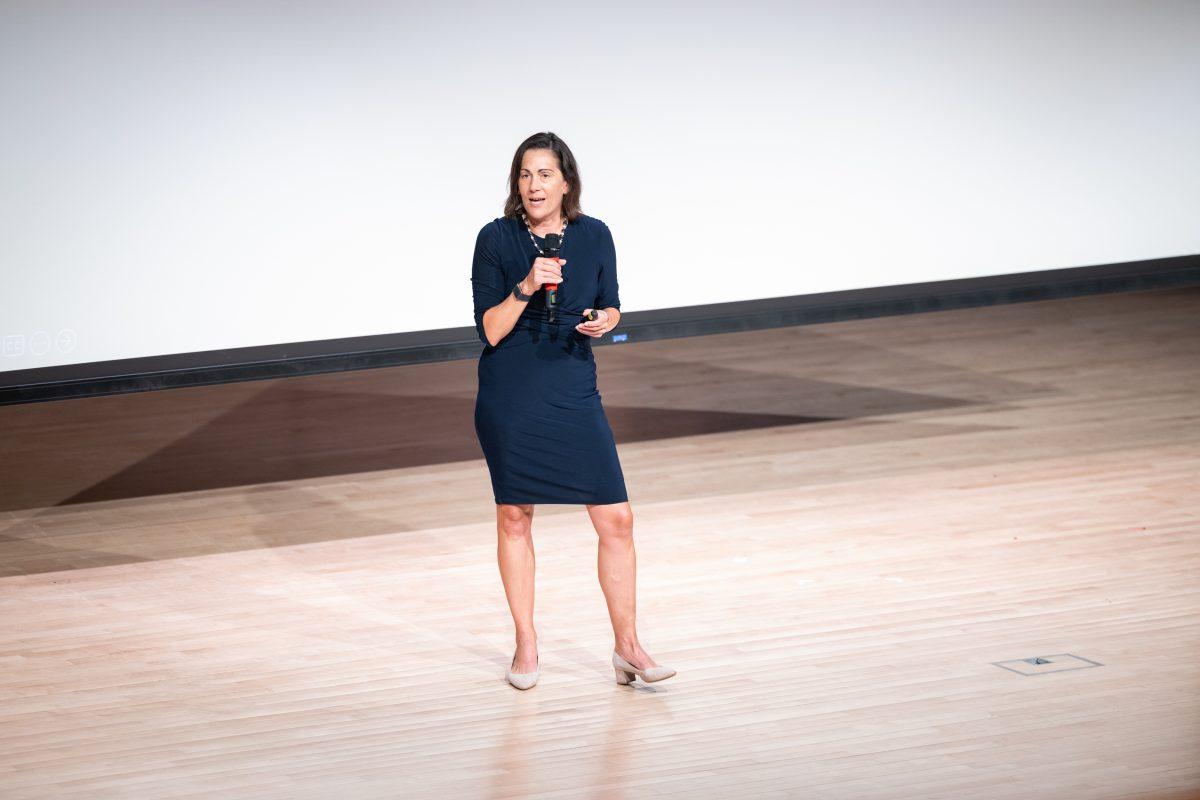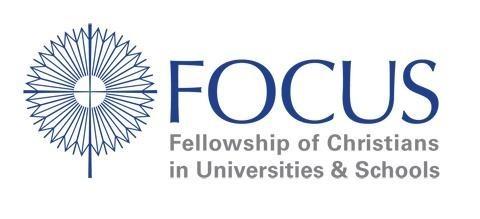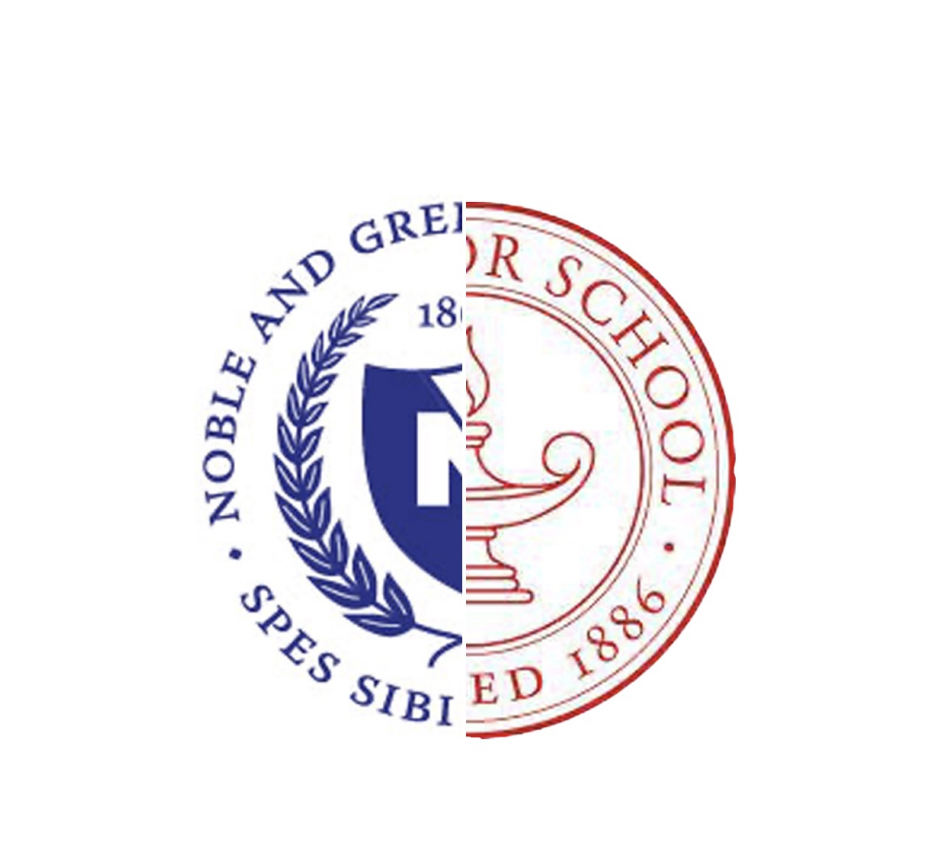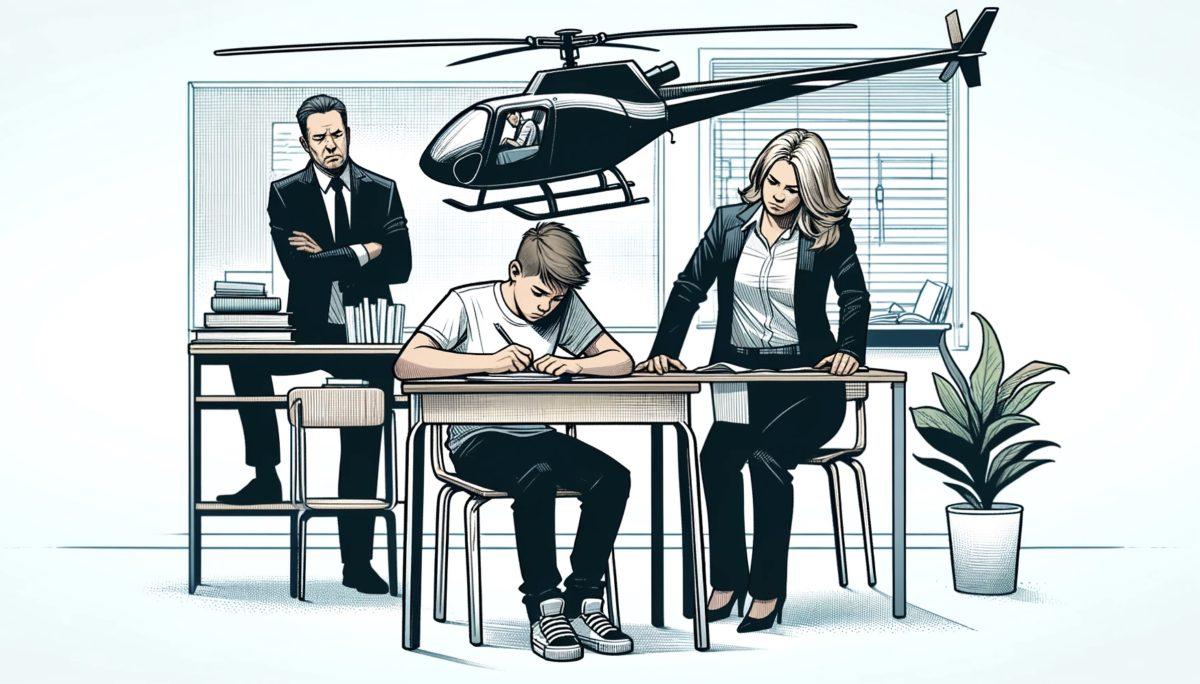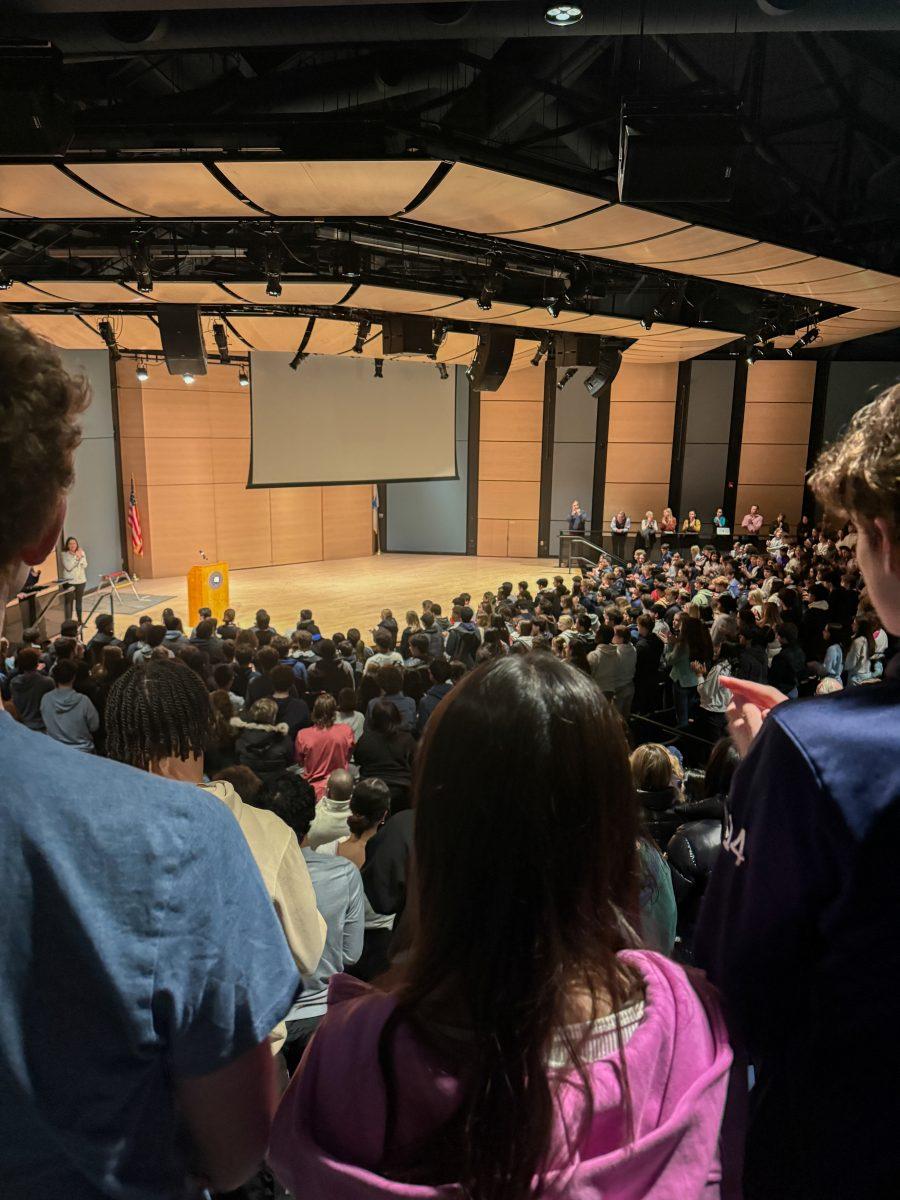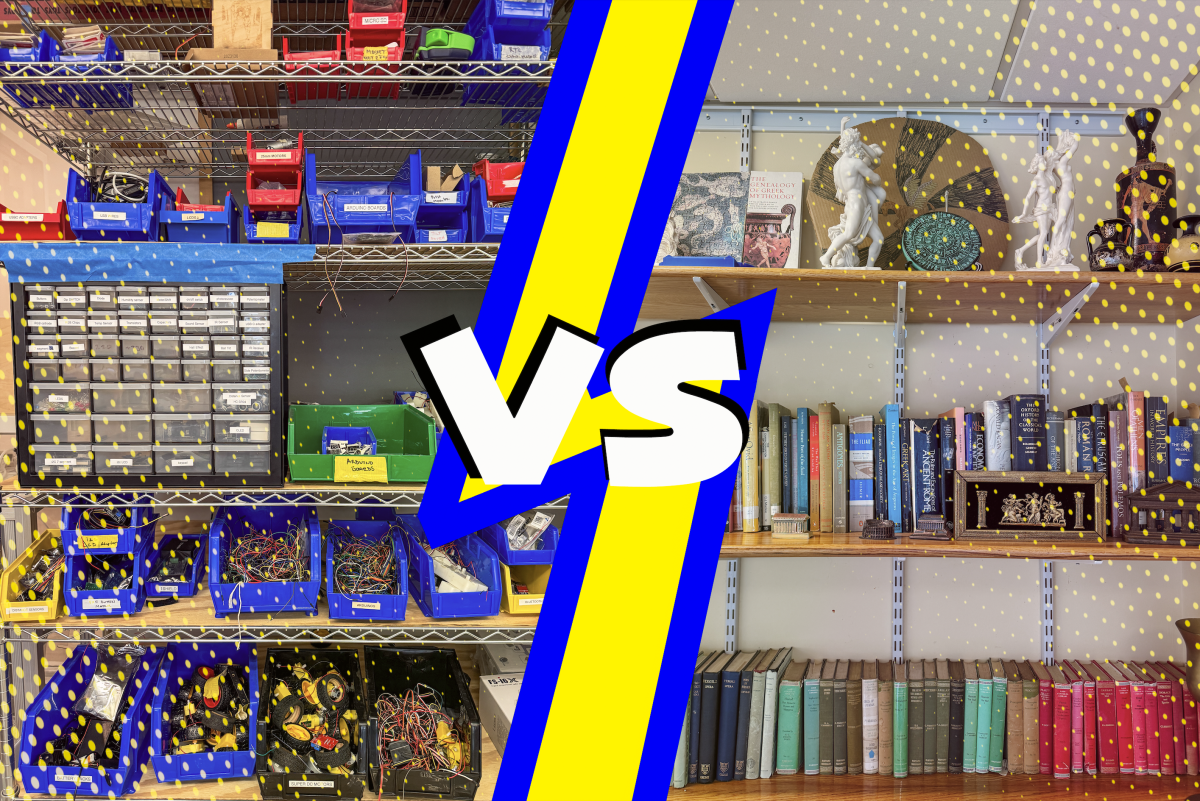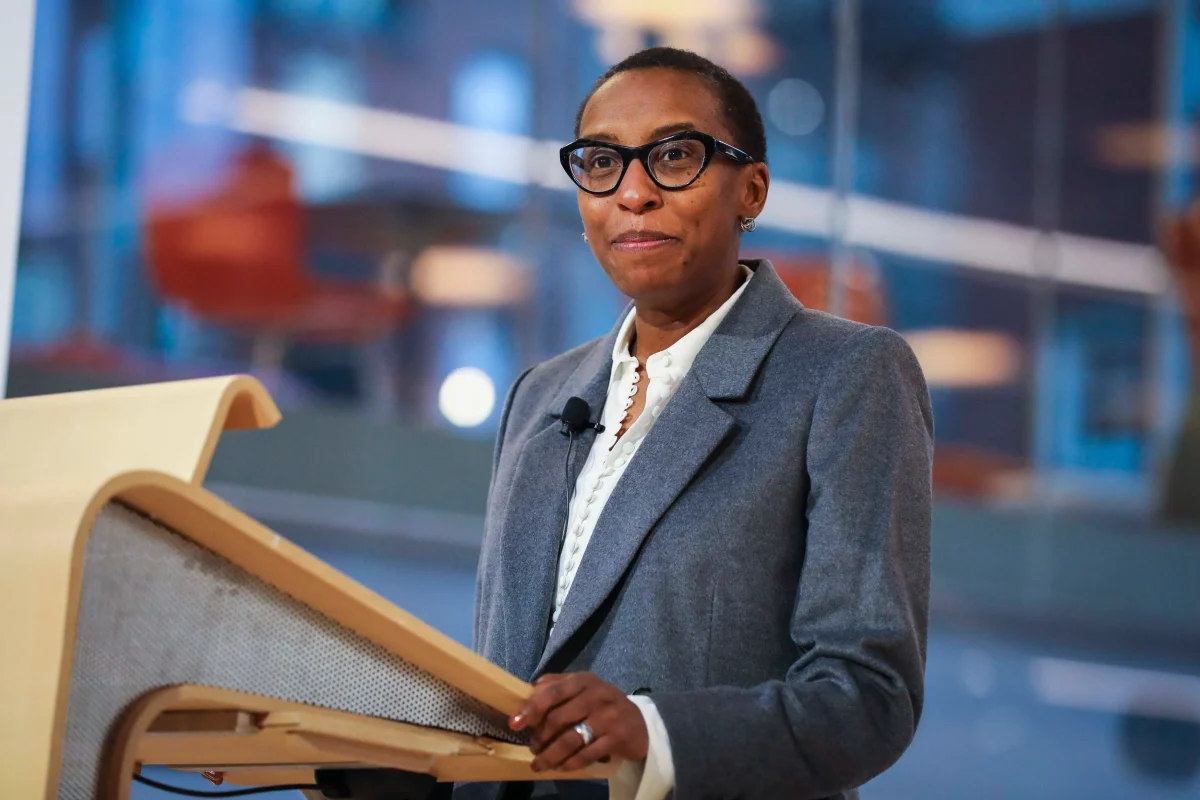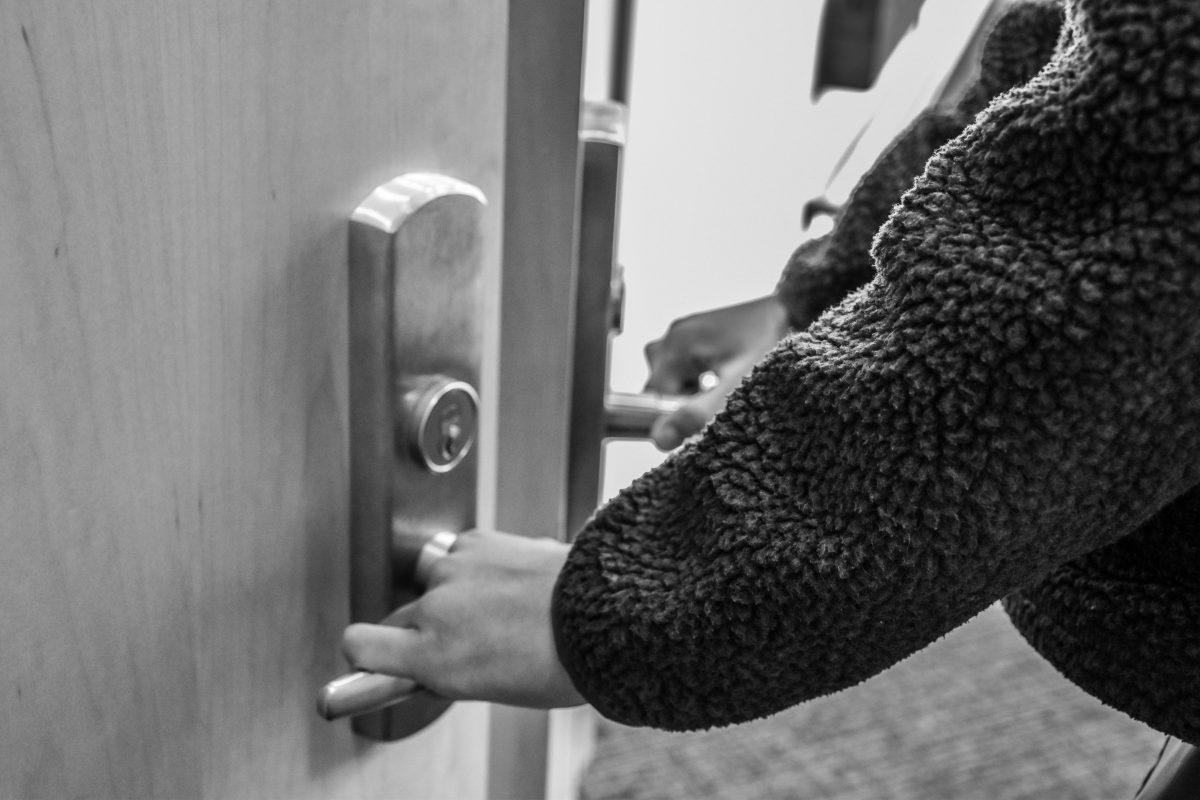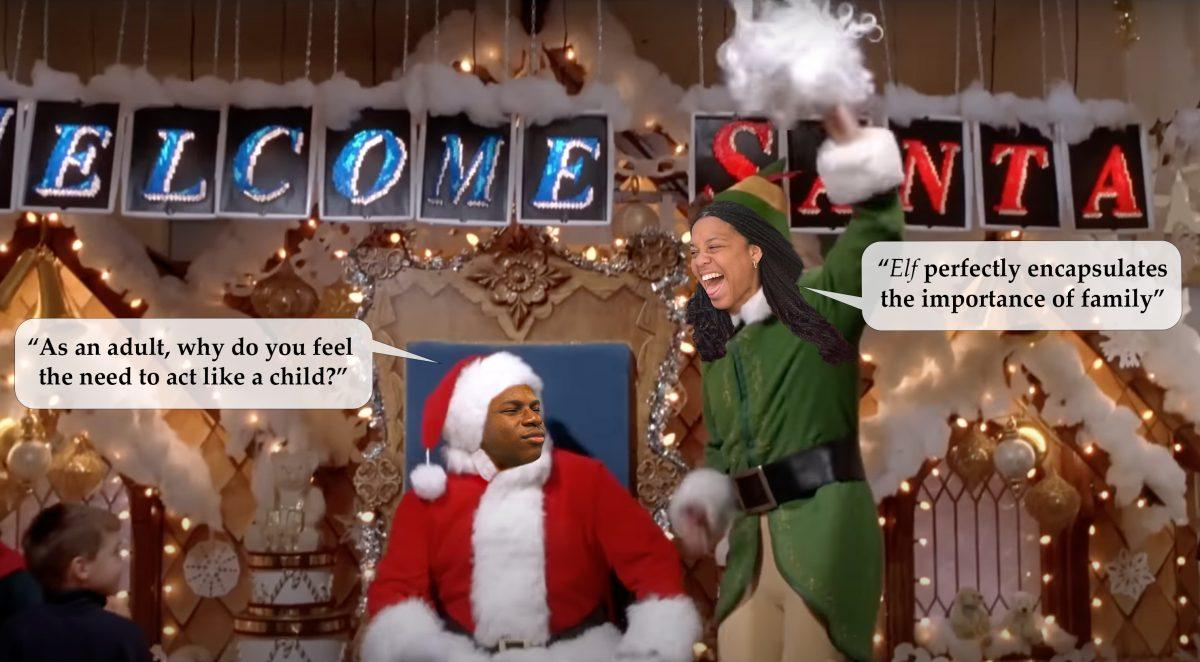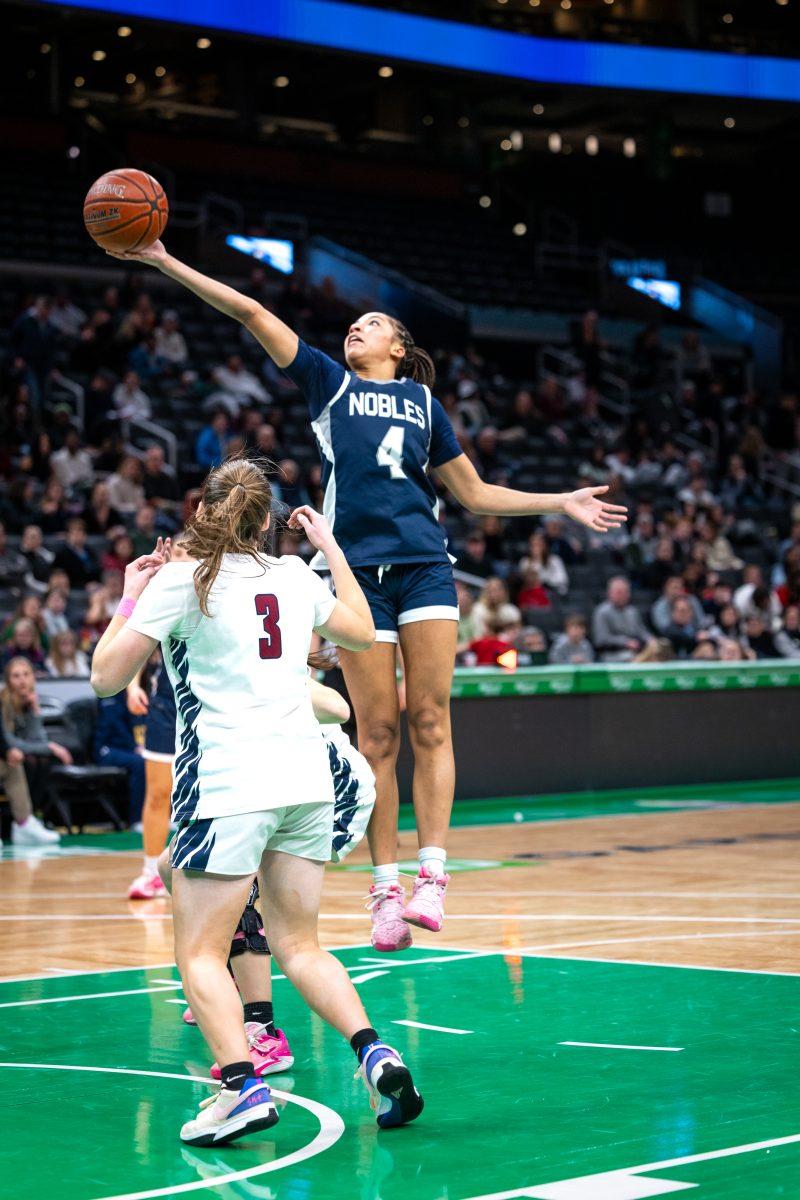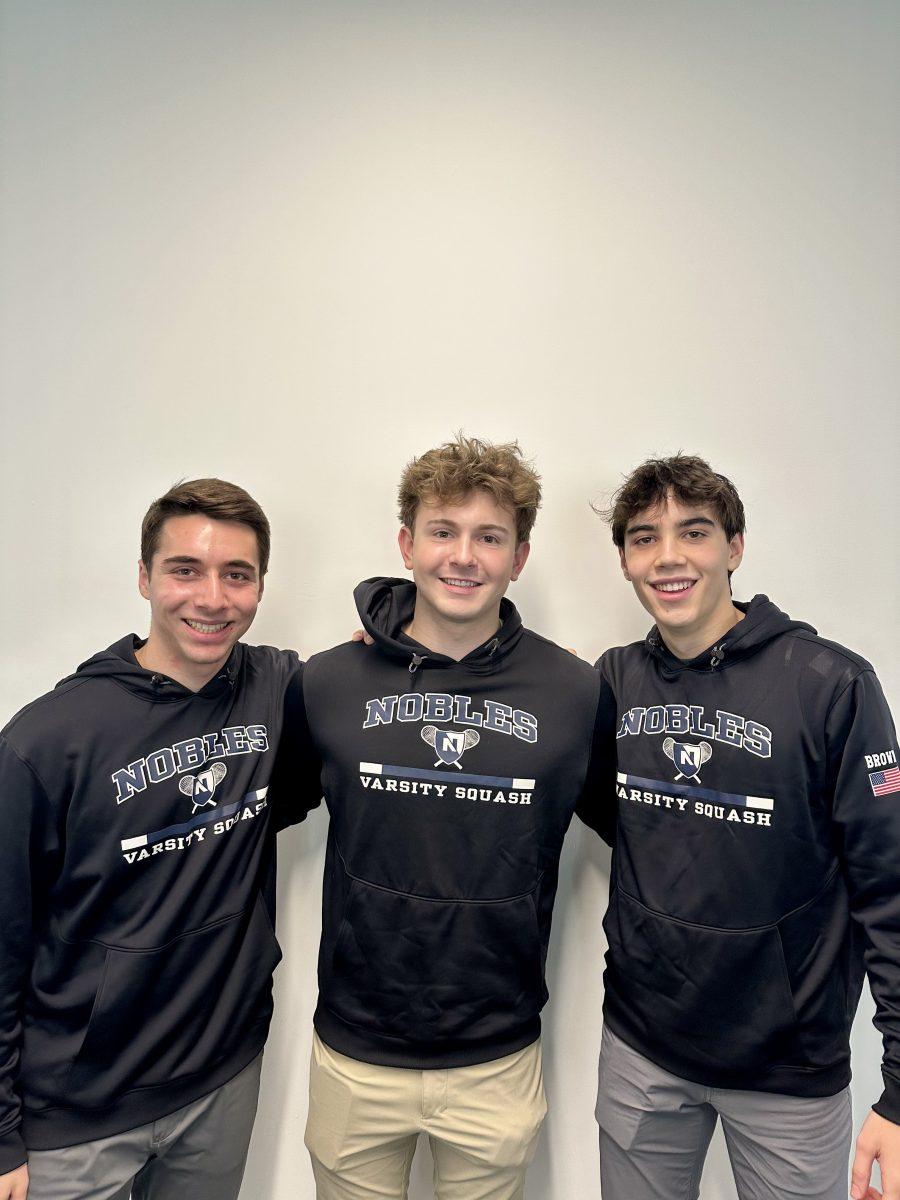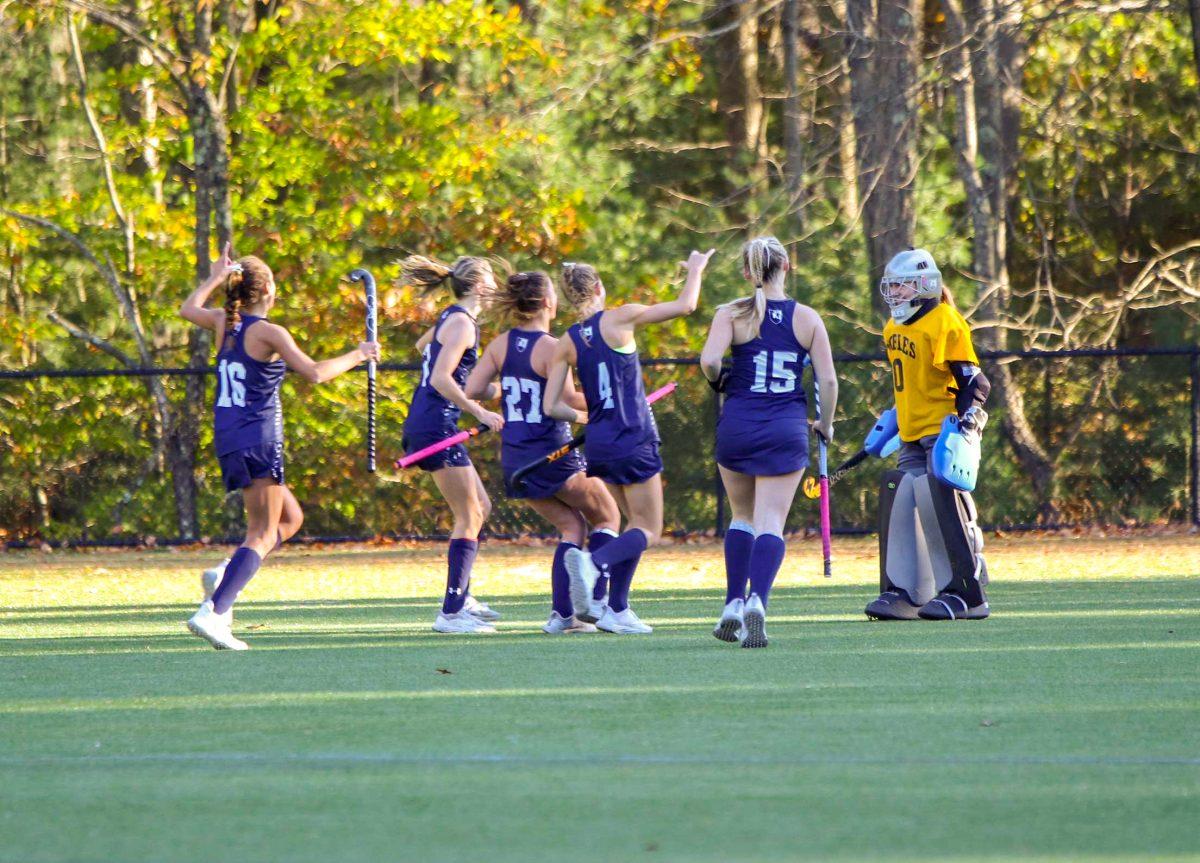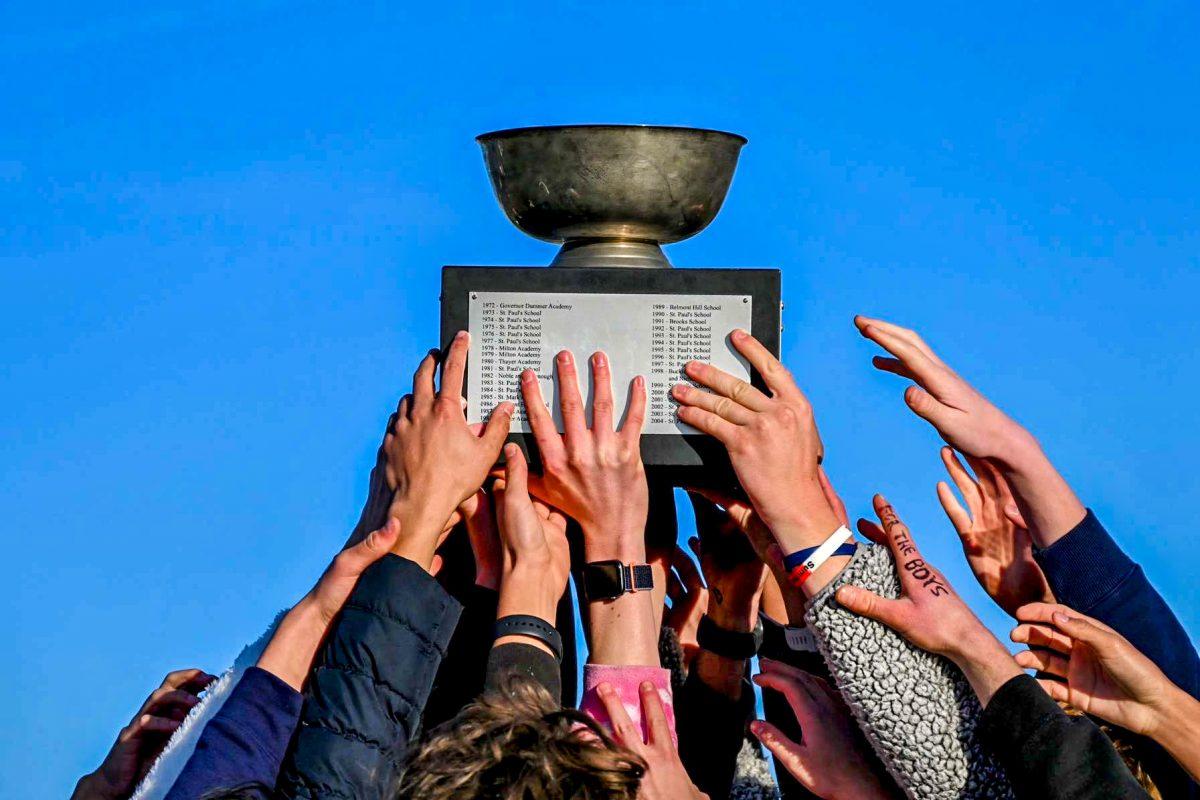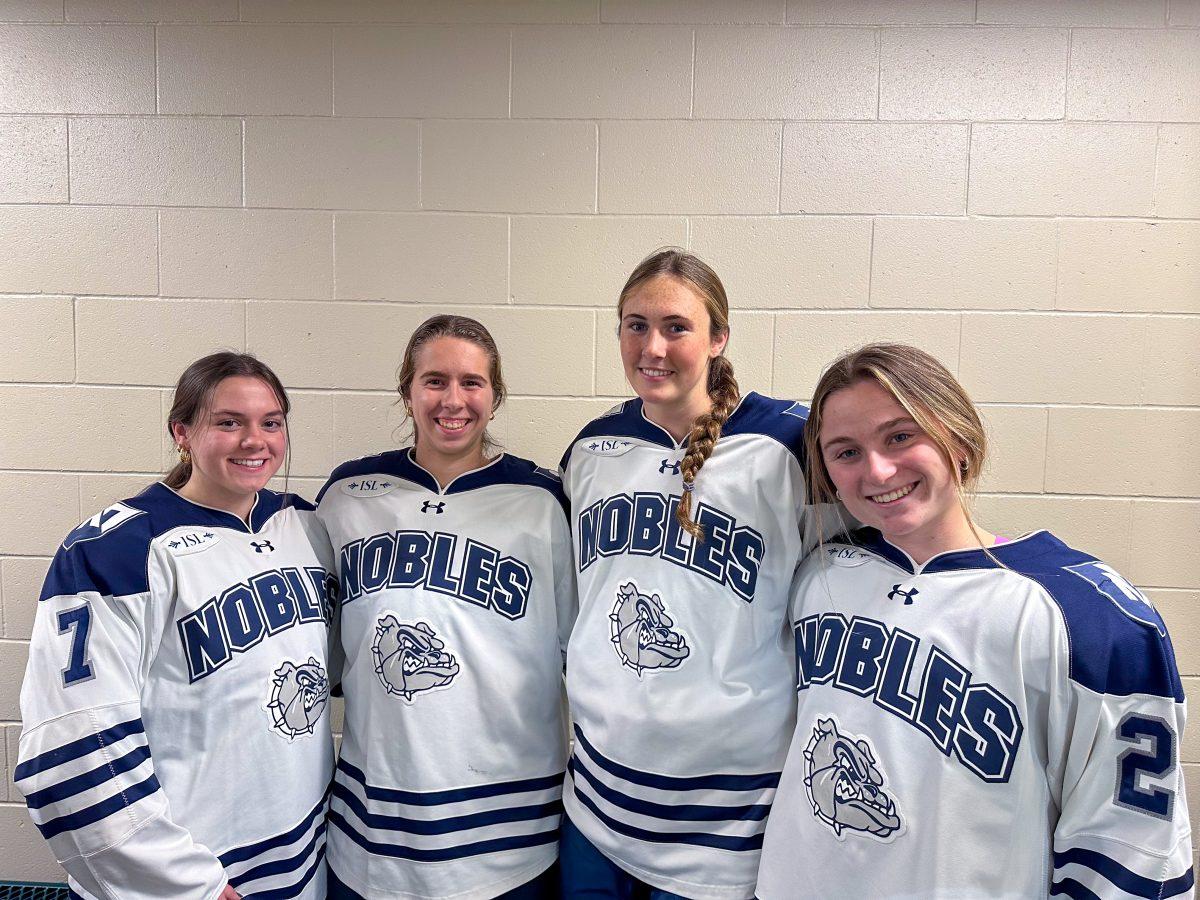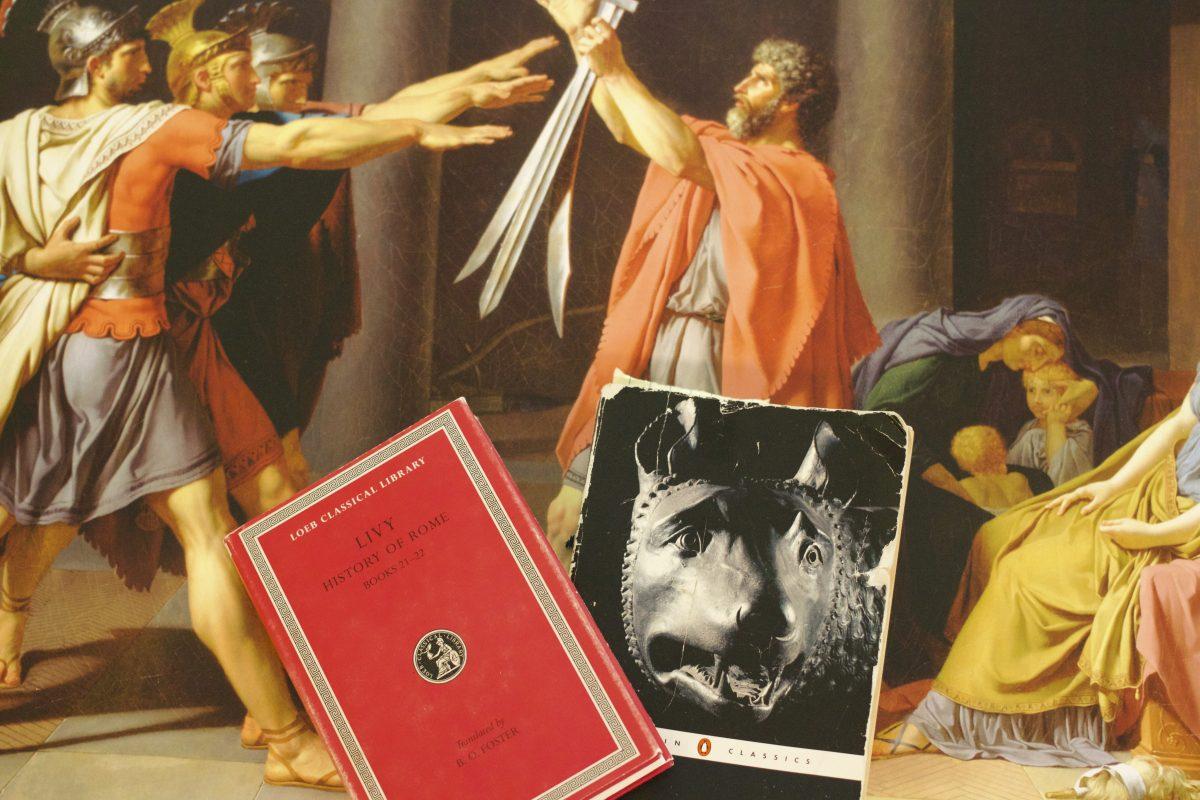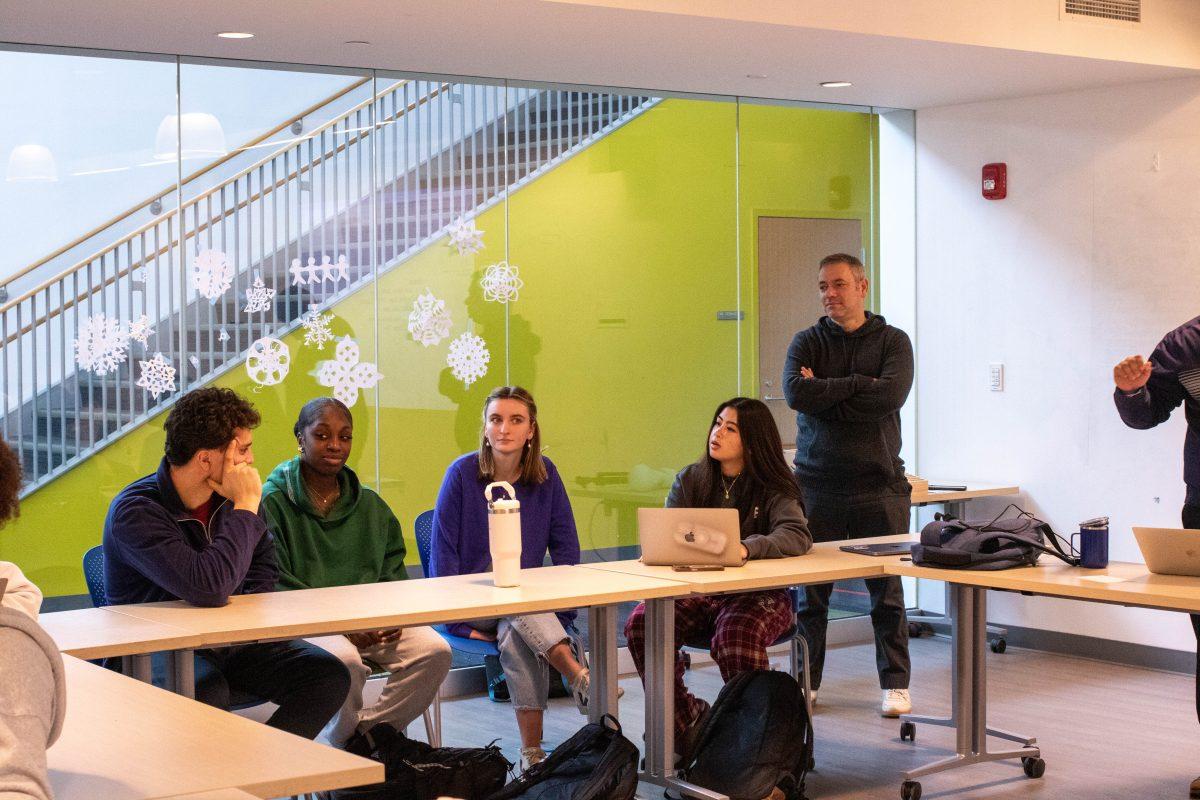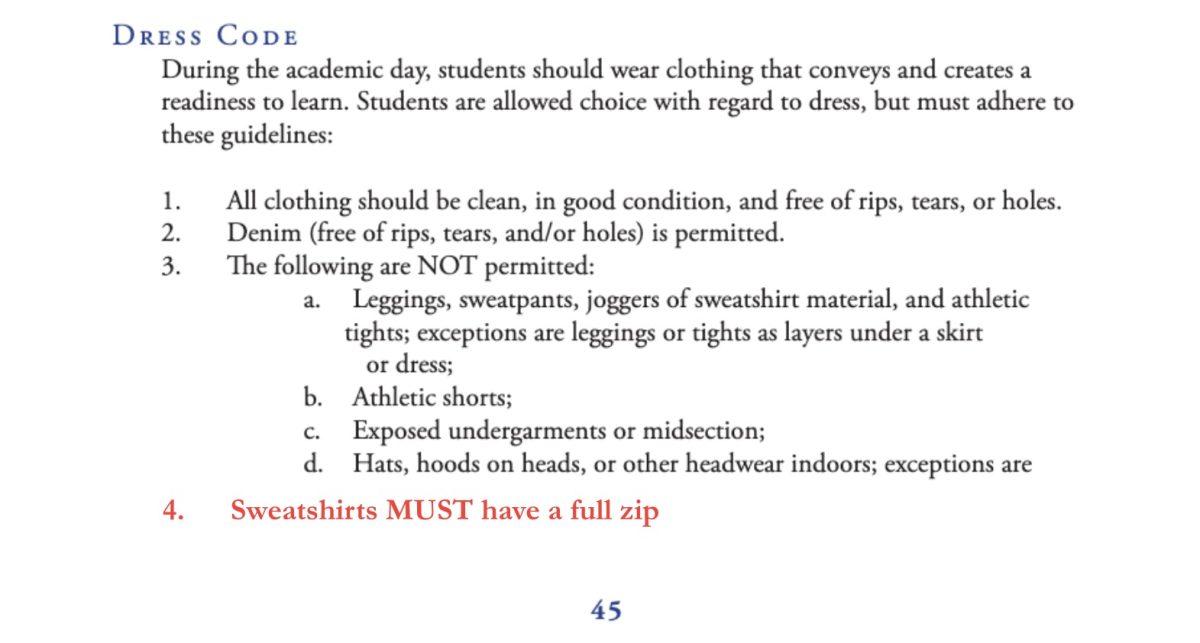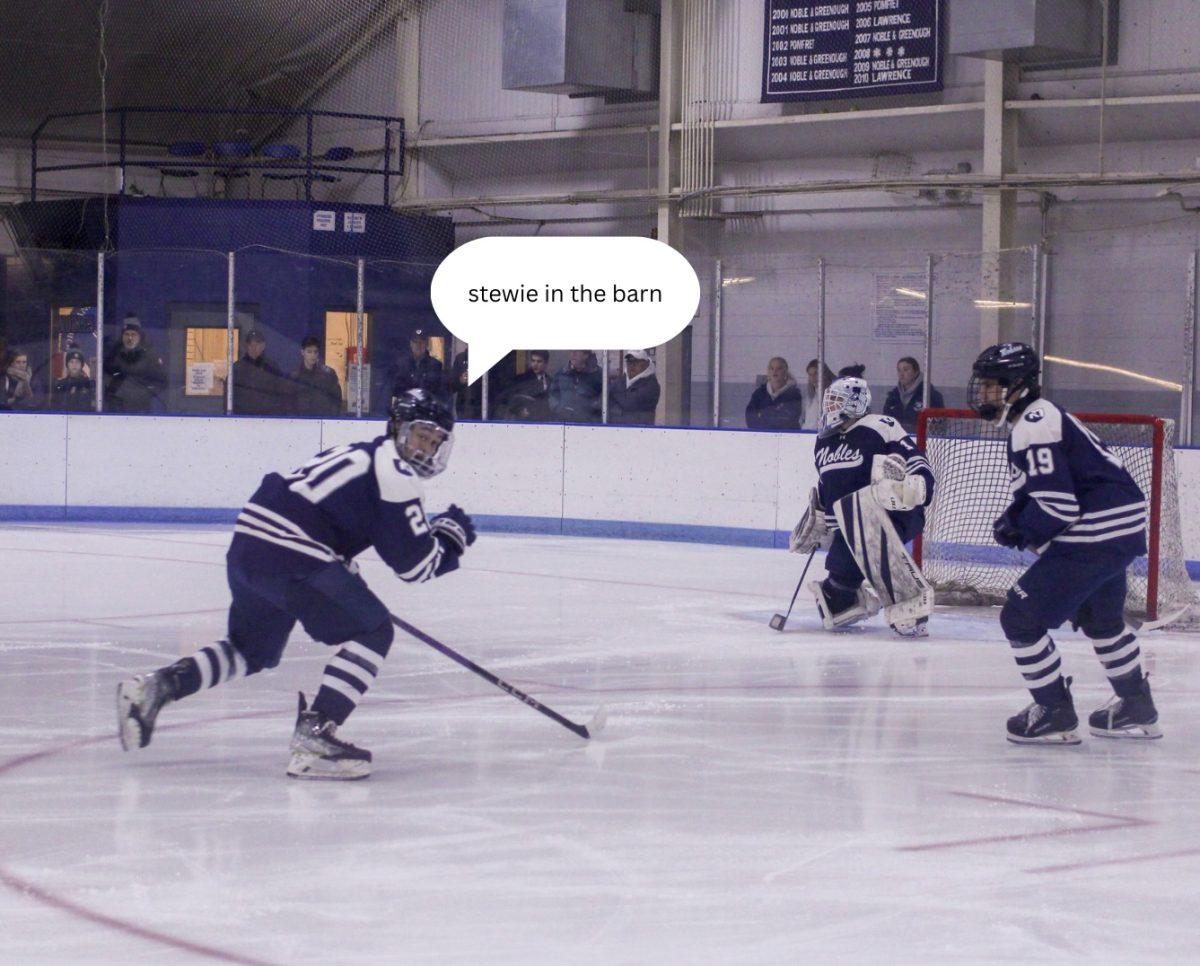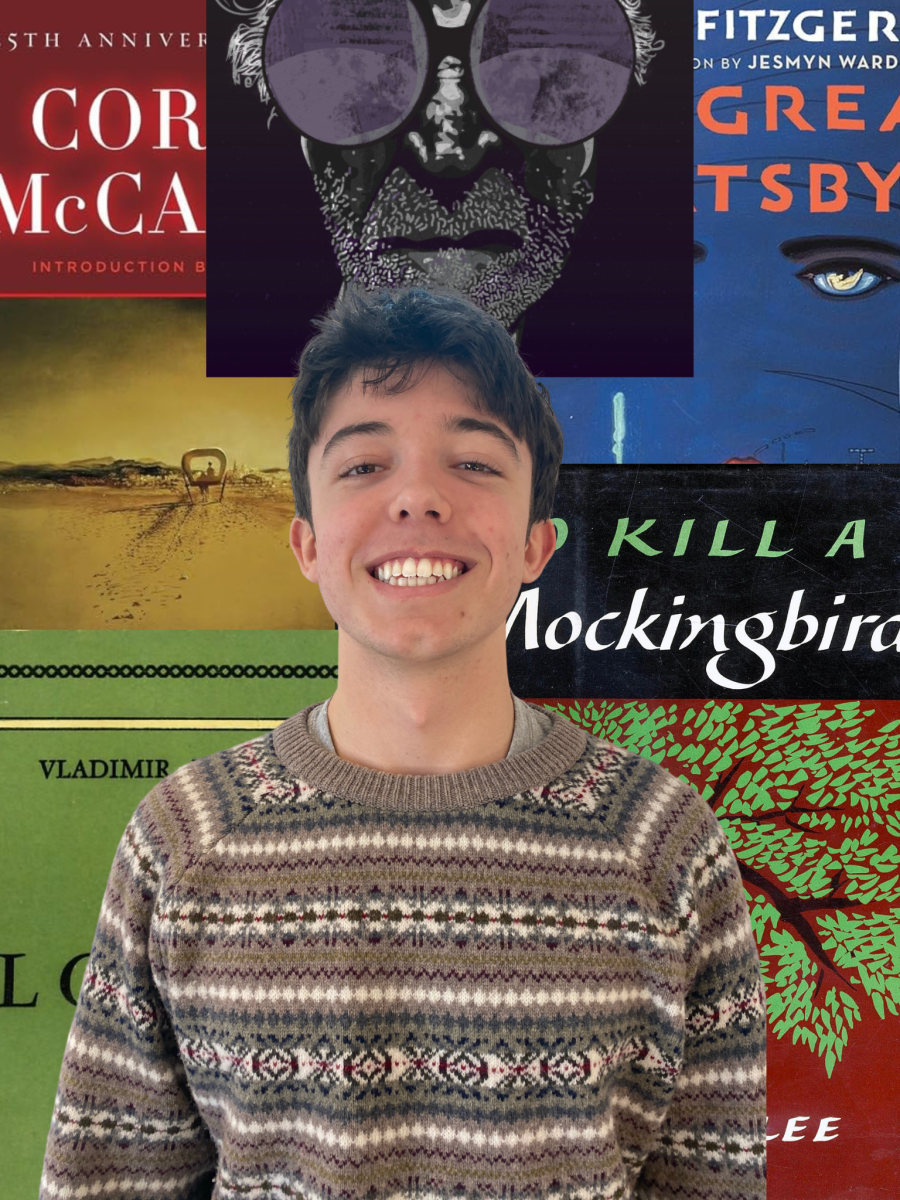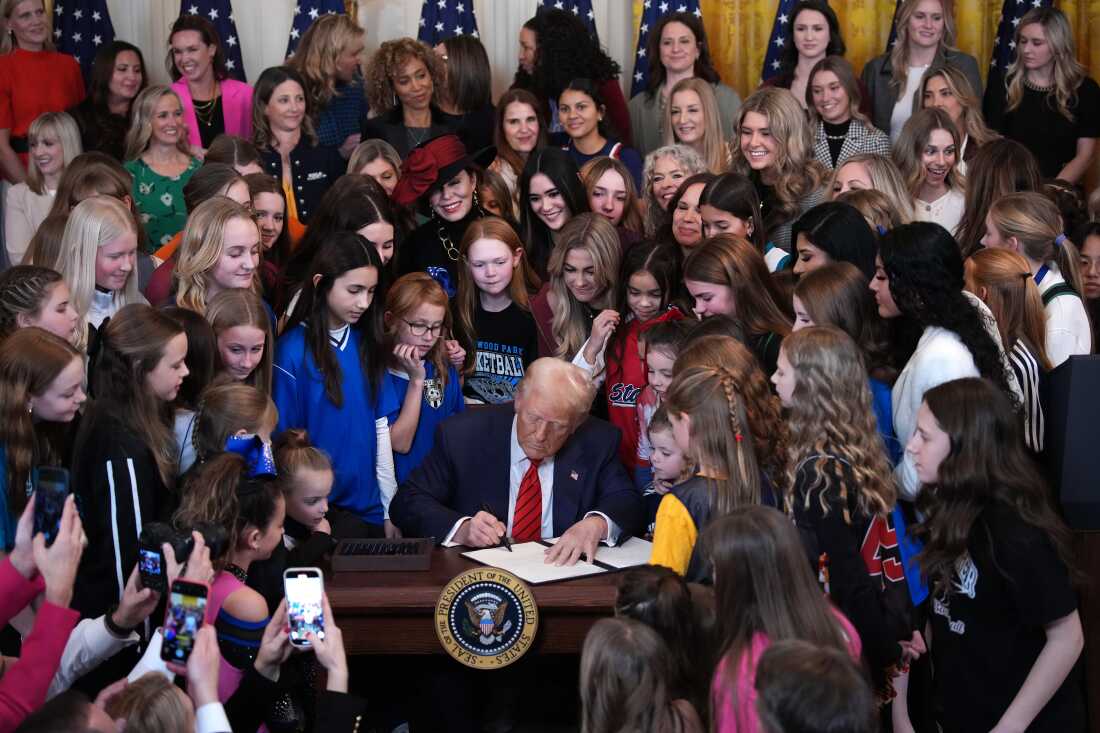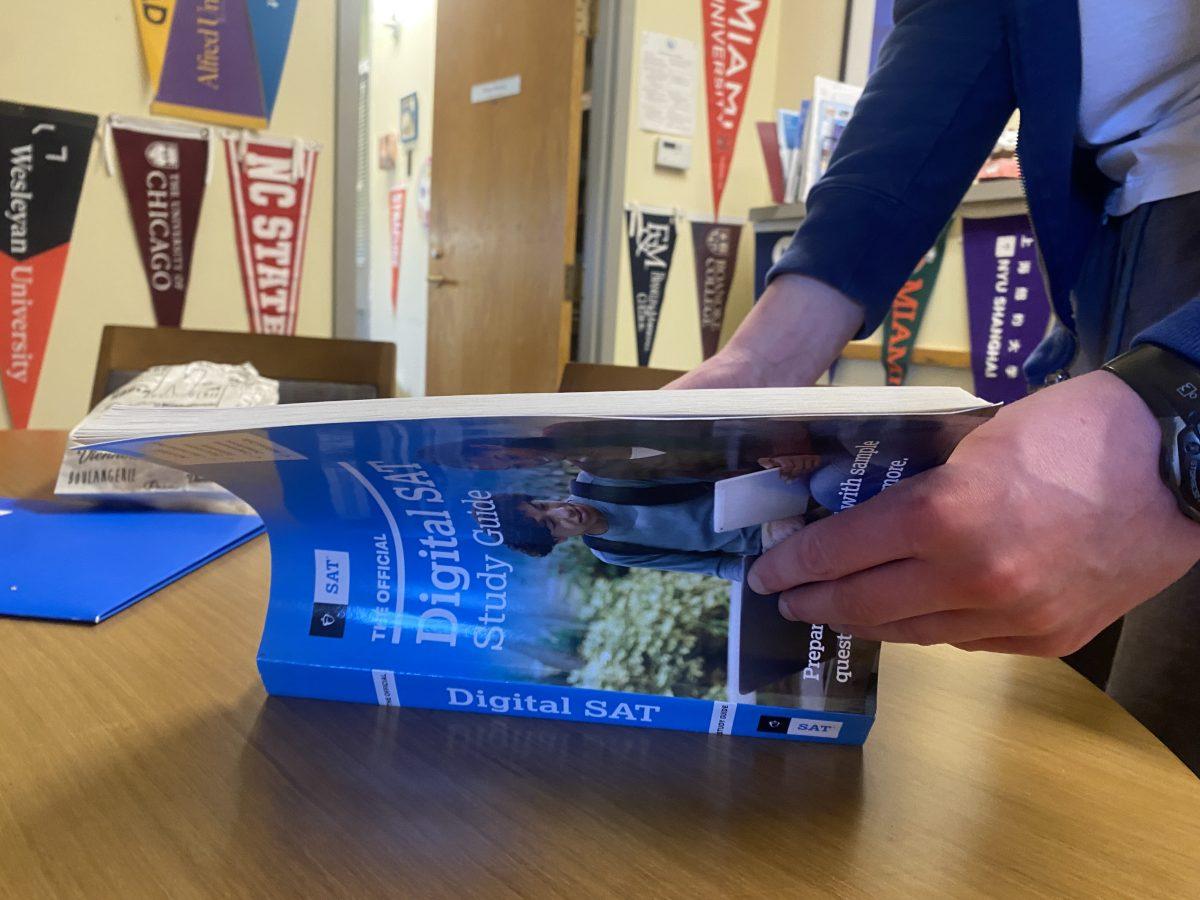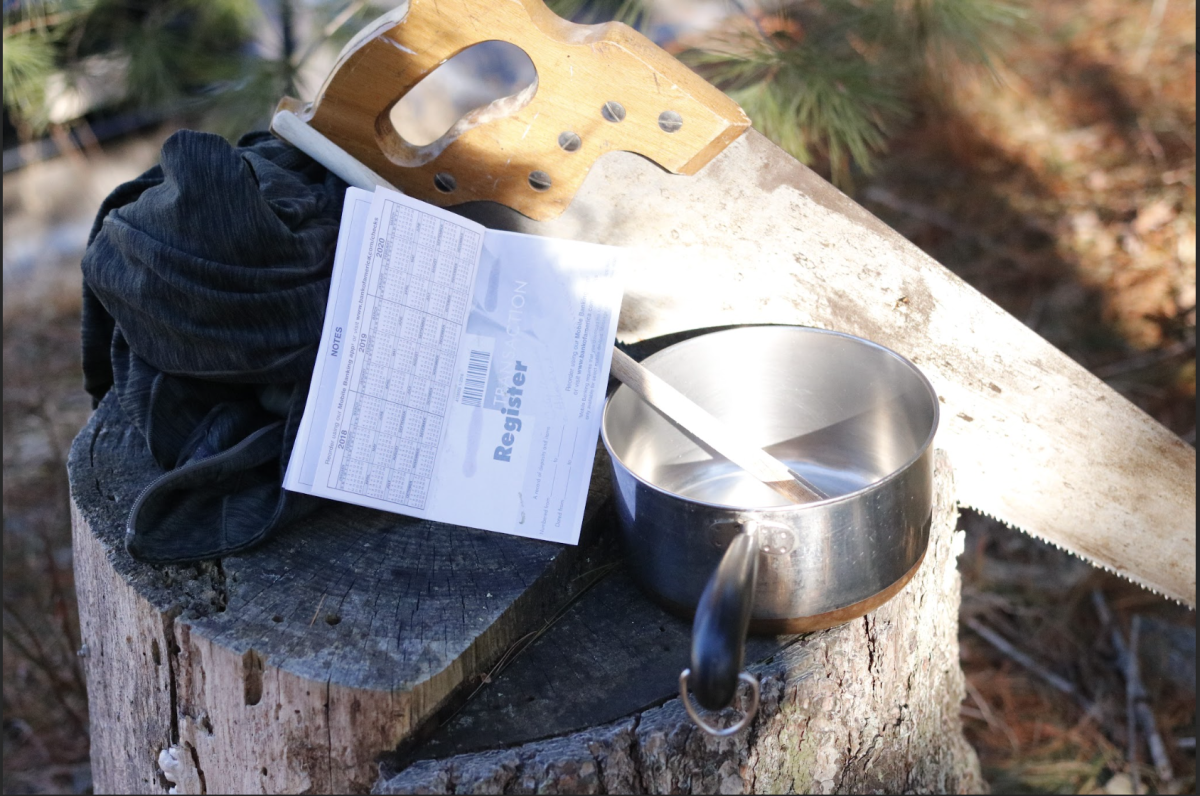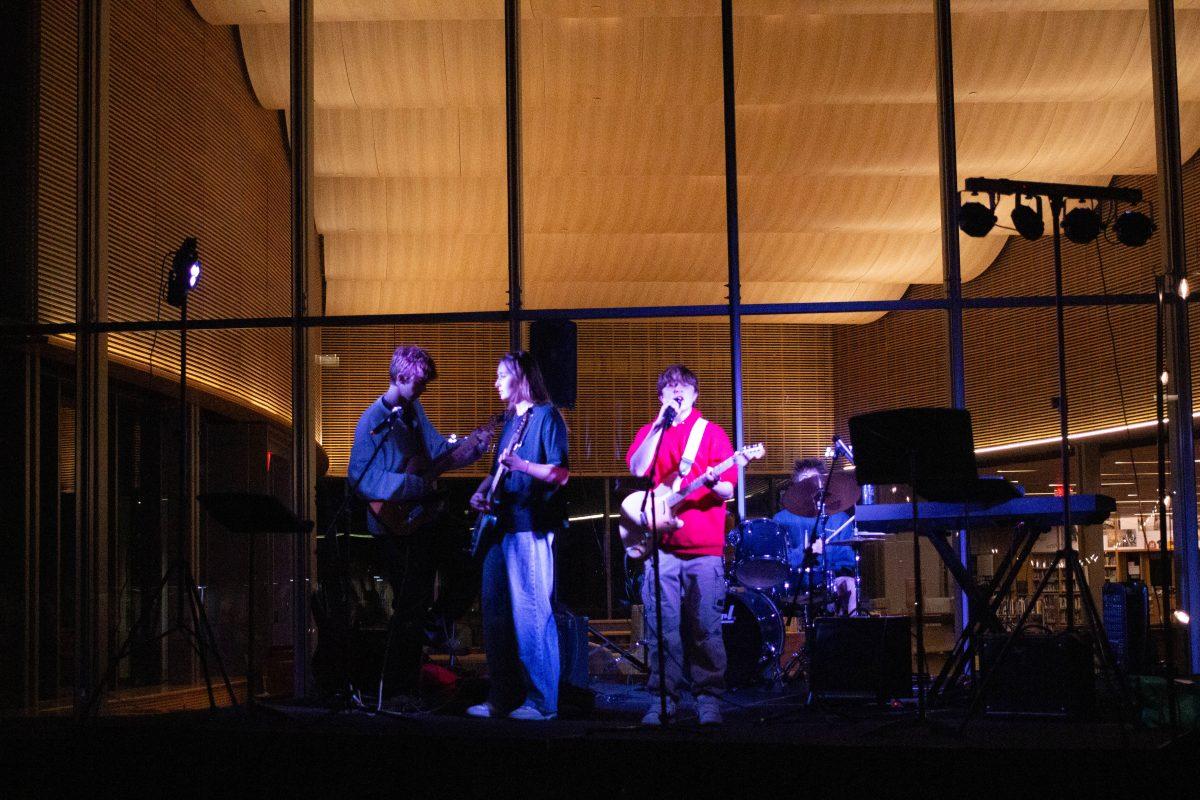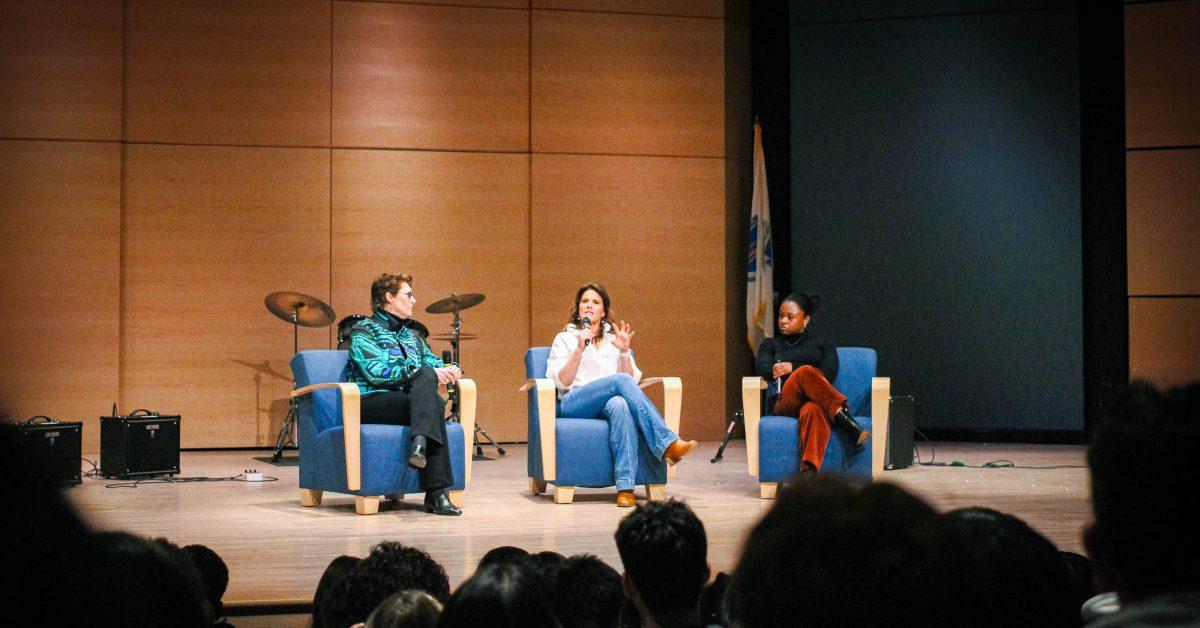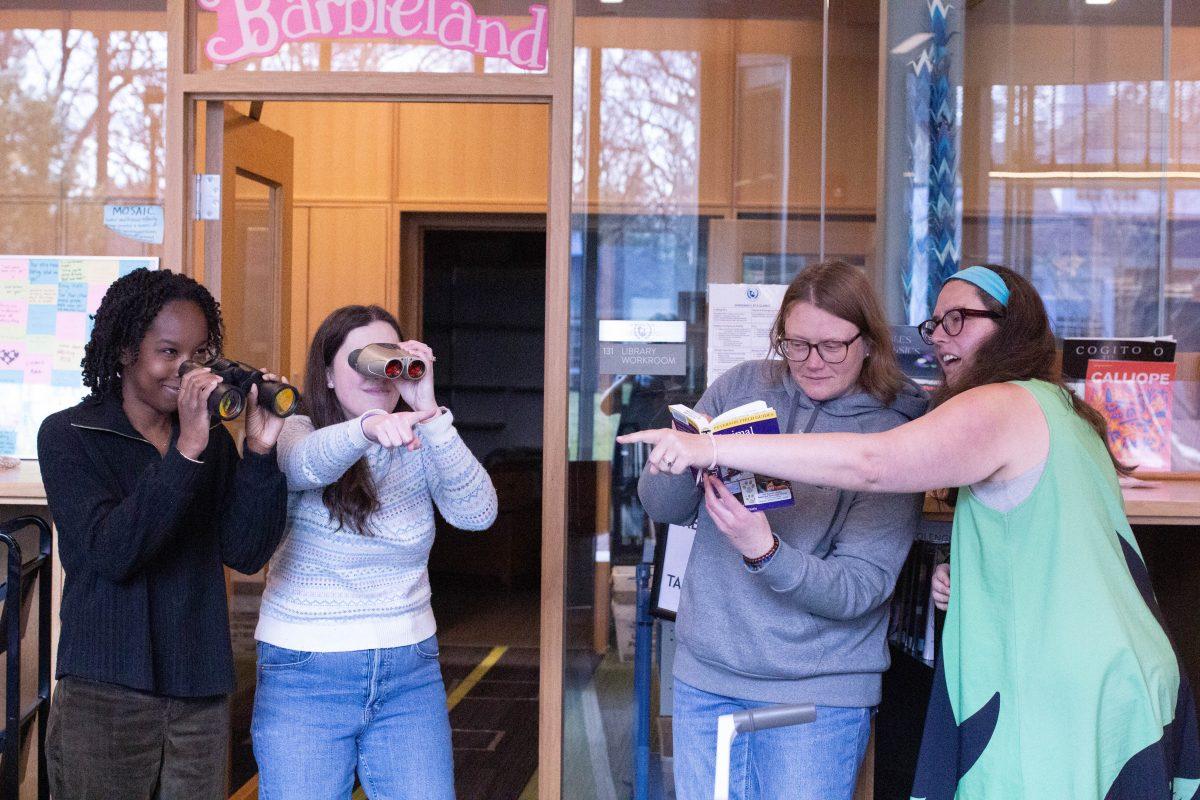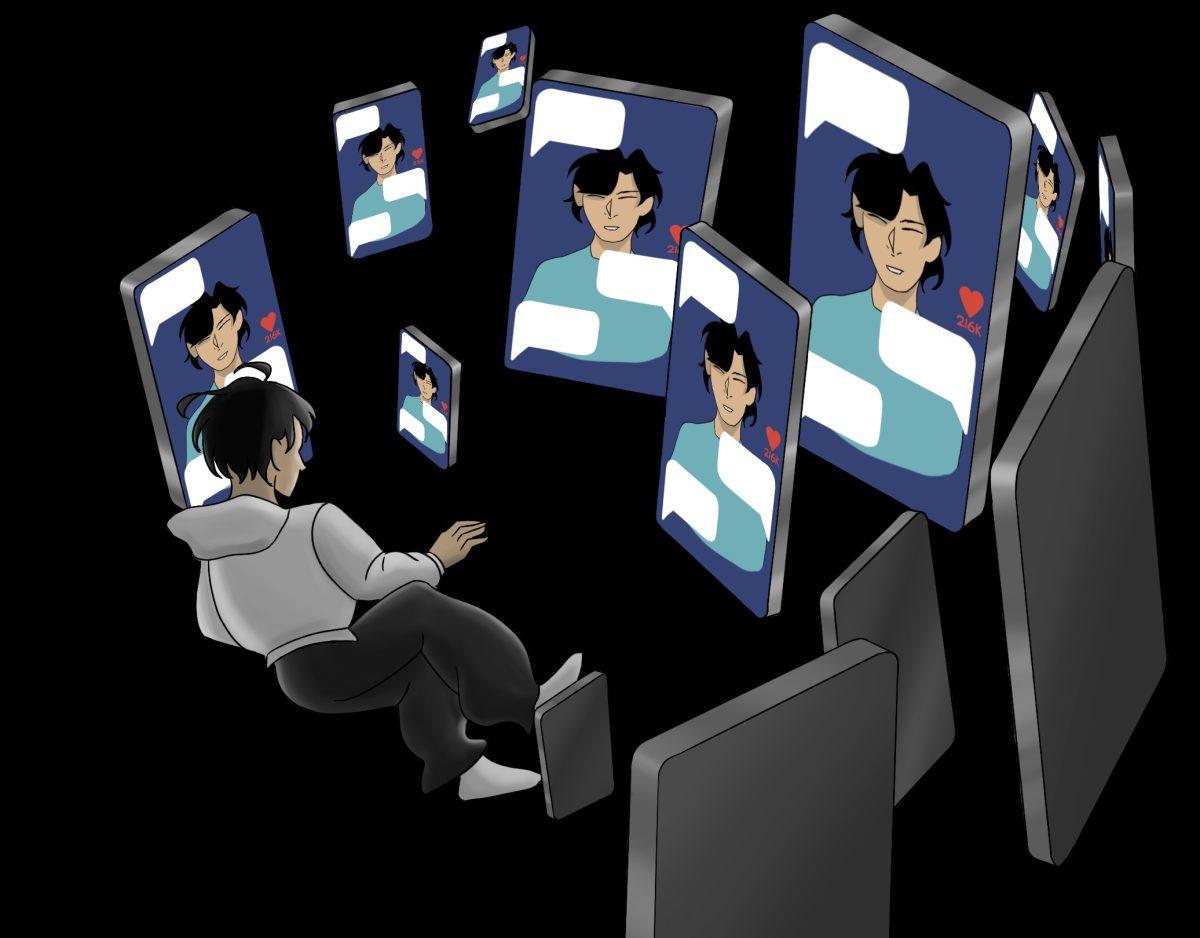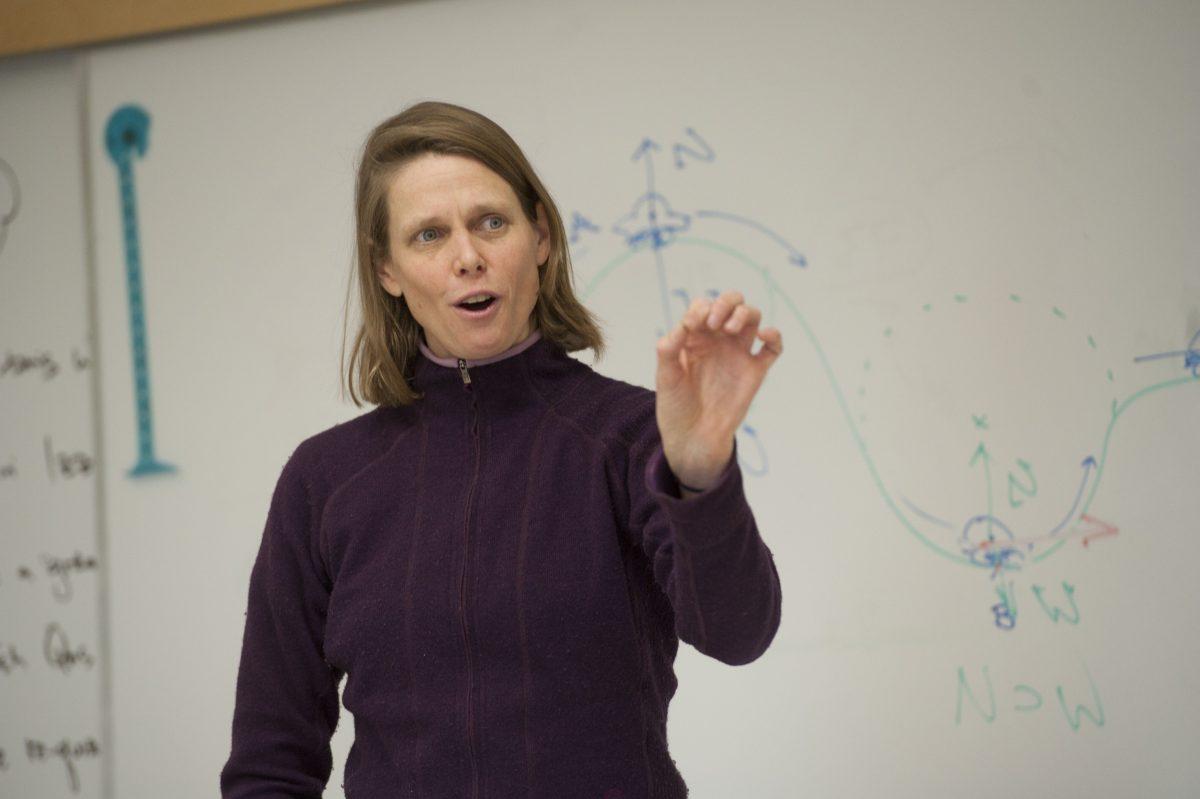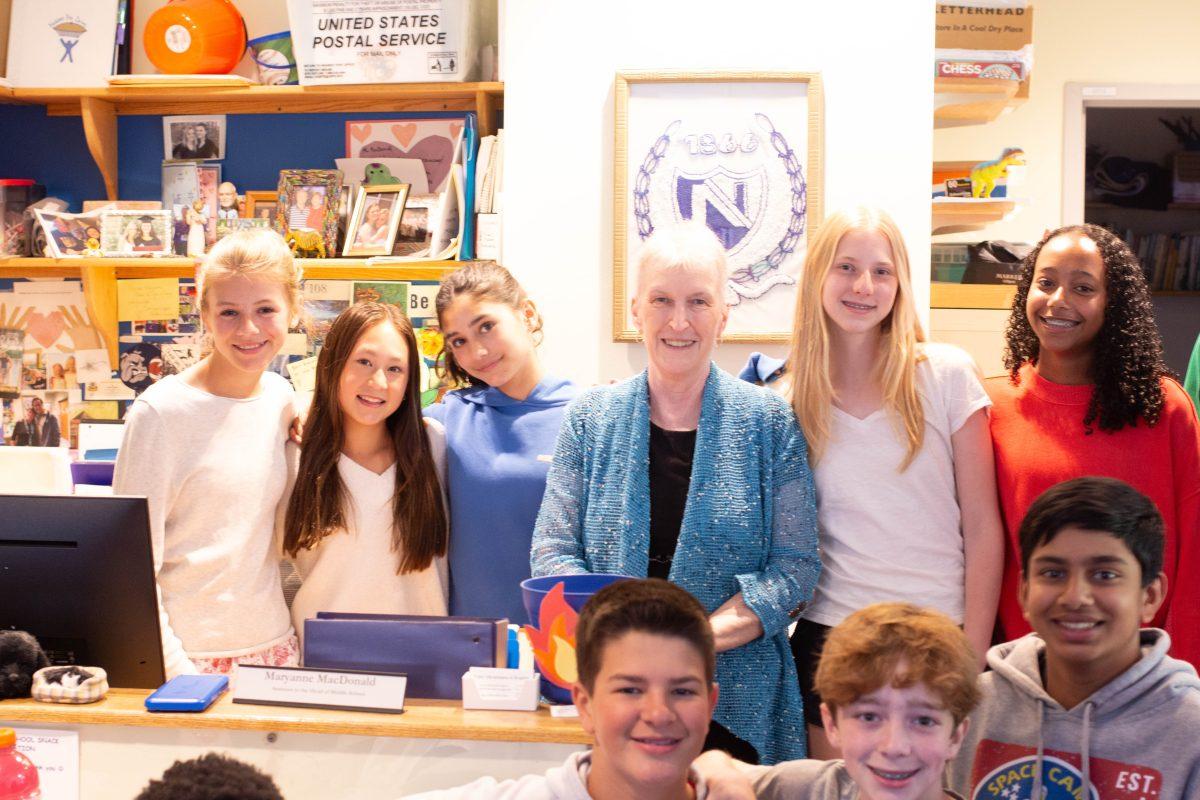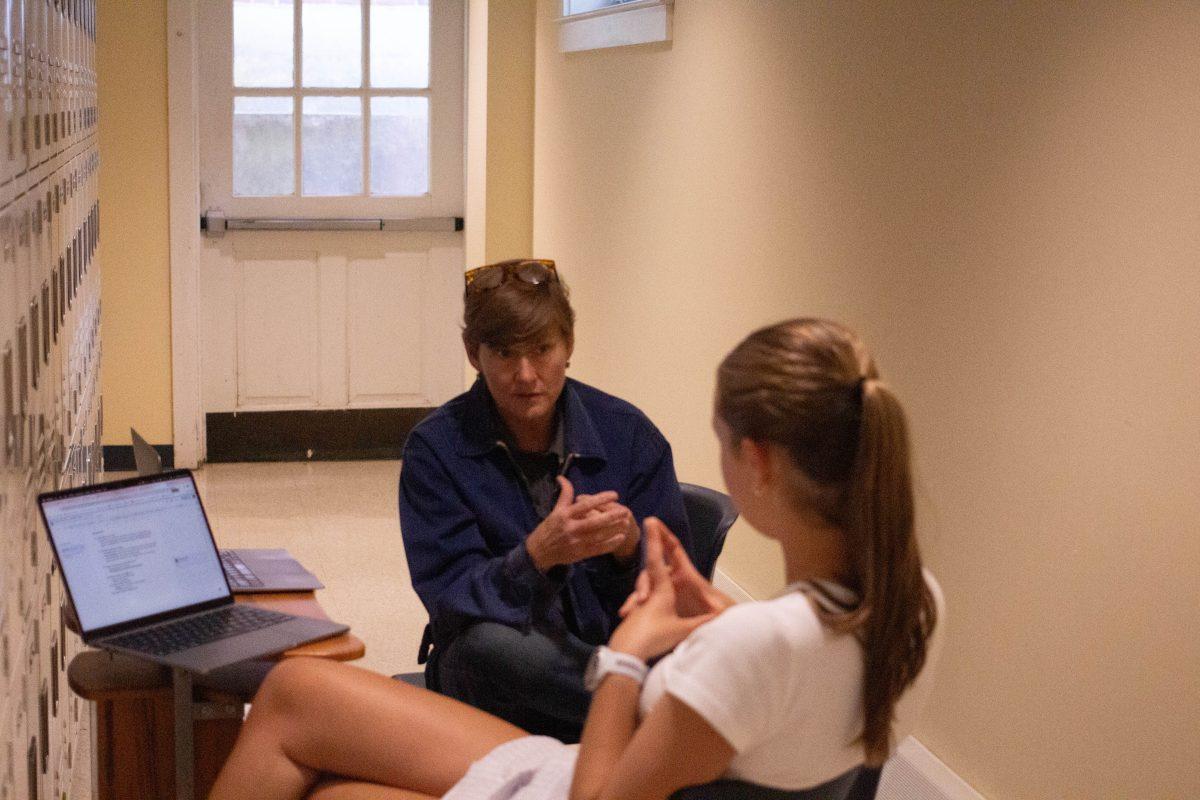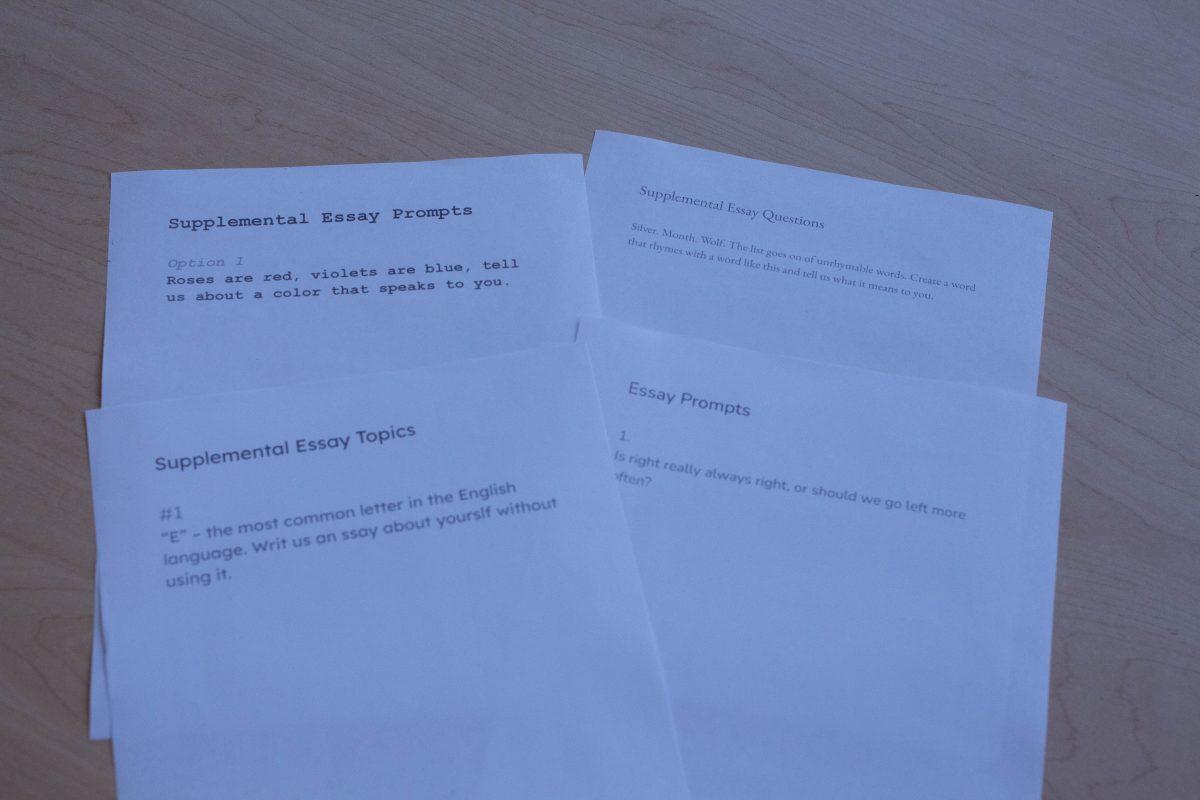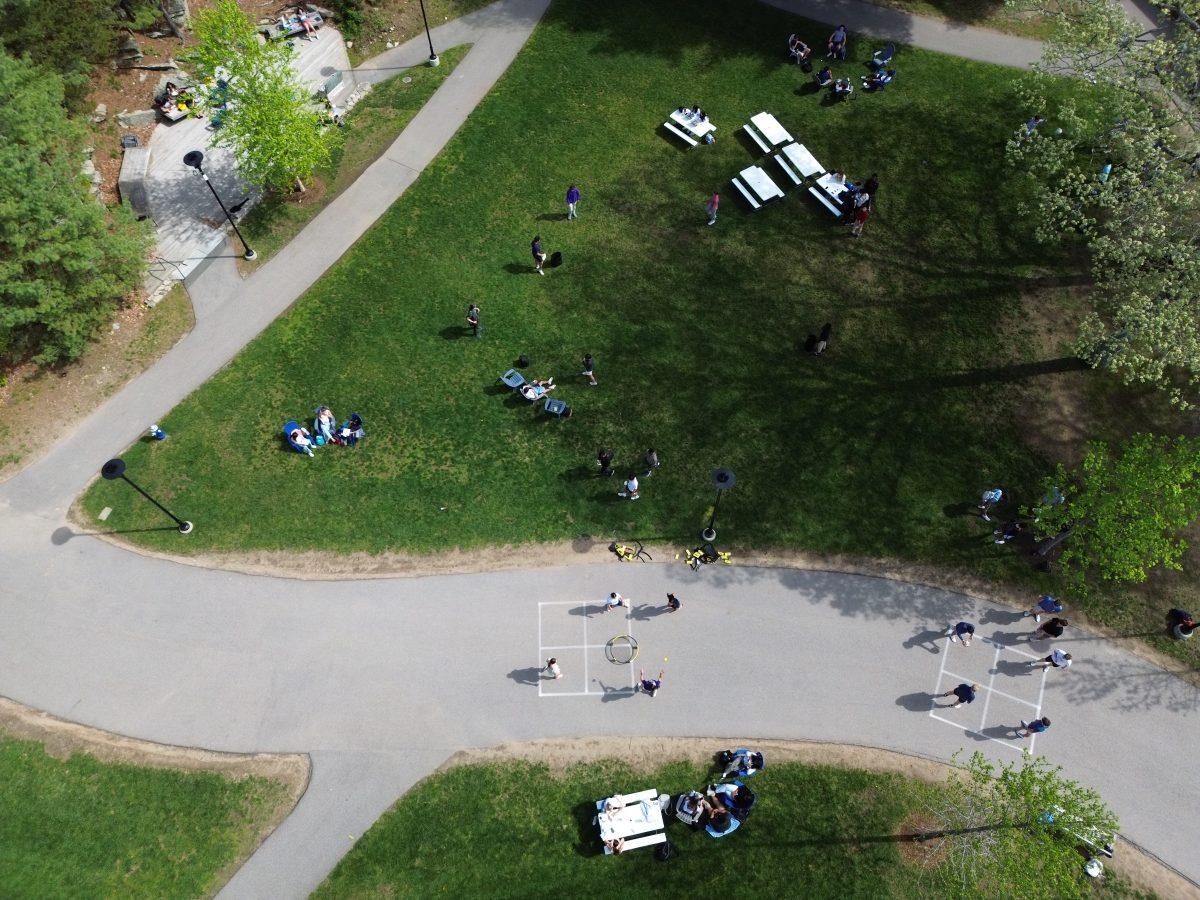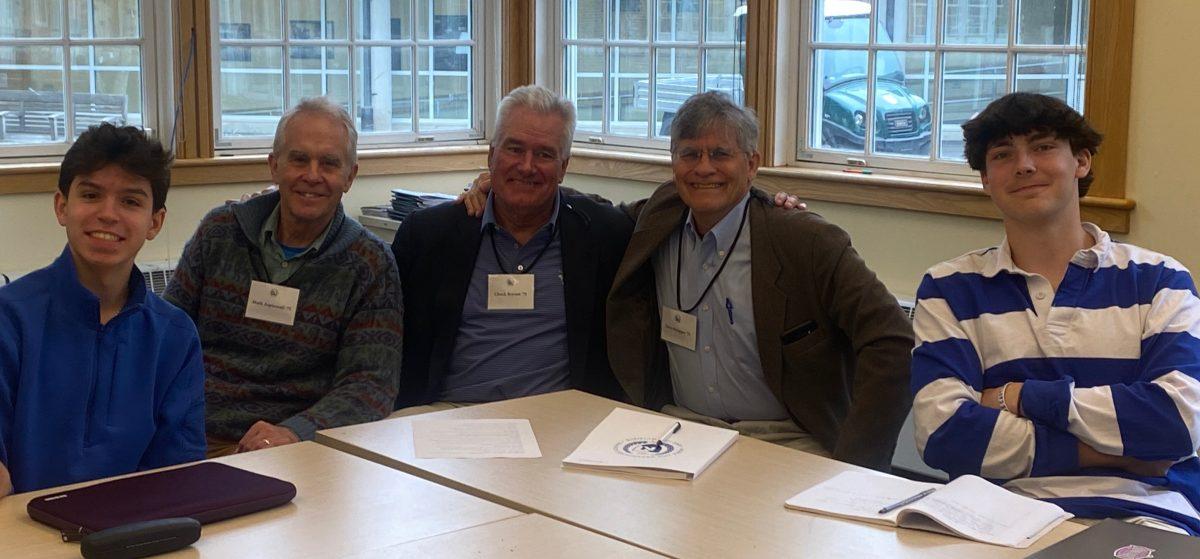During course registration, most electives at Nobles can appear like wavering, mystical checkboxes to click for a semester-long commitment in the distant future. Rather than Biology or Chemistry, applicants find themselves with the possibility of taking Immunology for a semester; rather than U.S. History: The Threequel (Honors Research Seminar), this year’s rising seniors can freely explore another continent with the History of Ancient Rome or Power-Global Issues in the Modern World. These classes are usually associated with a teacher, and the curriculum is tied to a name.
The intense preparation that goes into creating an elective can make them enriching experiences for students. Electives rely on popularity and flexibility to survive their first year; there must be signs of participation, and the syllabus, which has yet to undergo the trials of a real classroom, should adapt to the experiences and suggestions of the class. With those same two provisions, electives undergo different creation processes depending on the department. The Science Department requests that a teacher demonstrate student interest in the potential course in a presentation. With the recent retirement of multiple English and History faculty members who had previously led several electives, such as Race and Identity and Philosophy and Literature, a surge in new electives is expected for the 2025–2027 school years. However, that surge will likely level out in time. “There will still be some changes, I suspect, in the future, but then I think it’ll lessen. Last year [there] was a lot of change, and my guess is that next year there will be less, and so on,” English Department Chair Jessica Brennan said. Seniors must participate in English electives, which creates a steady market for new English classes. The English Department recently redesigned its process of approving elective courses, creating a voluntary application for interested faculty members to submit their ideas. Ultimately, electives are the product of a teacher’s vested interest in a given topic.
At Nobles, as teachers passionate about what they teach are not a rare find, electives are specialized classes that allow them to expound upon subjects that they want to share. For example, Classics Faculty Mariza Rosado is frequently subject to remerciements (thanks) from her students for this fact. Electives can also be glimpses into the specializations of faculty members outside of the standard high school curriculum. It is fitting for Performing Arts Technical Director Erik Diaz to teach Design for Theatre, in which students are exposed to the skills he has employed in professional productions at a level unmatched by standard courses. These classes are also the product of creative collaboration amongst teachers: former English Faculty Shannon Clark had originally conceived an Arabic Fiction class, but upon discussion with Performing Arts Department Chair Daniel Halperin, the two created an interdisciplinary Contemporary Drama class. The class later helped contribute to Halperin’s original play, The Academy at Ingalls, which premiered at Nobles in the fall of 2024. Classes can also result from adaptations of the original idea, as when retired Head of School Dick Baker sought to create a Russian Literature class, later amended to Philosophy and Literature. Though it was discontinued following Mr. Baker’s retirement, other courses have sustained such a change in structure: Race and Identity, created by retired English Faculty Alden Mauck, is now led by English Faculty Dave Liebowitz and Chief Equity Officer Edgar De Leon. Registration for elective courses is competitive, and popular classes are filled by seniority first, leaving less room for juniors to attend them. Unpopular classes may not take off, but the classes with a successful semester are reviewed for renewal the following year. Grading varies in these elective courses, presenting another “risk factor” concerning the sanctity of one’s high school transcript. Despite this, taking an elective class is the equivalent of indulging in Dead Poets Society’s impassioned classroom environments; teachers are there out of a love for the subtopic taught, whether it be a specific period in history or Journalism I, and they have undergone a deliberate process to make it available for students. It’s practically college.


